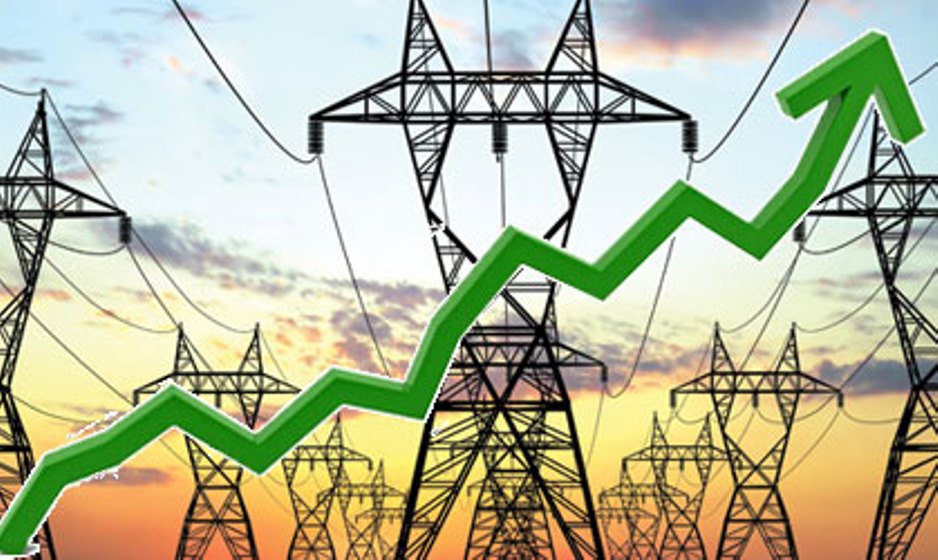The recent increase in electricity tariffs has expectedly been met with mixed feelings in the country. The increases were announced by the National Electricity Regulatory Commission on September 1, 2020.
In justifying the increases, the federal government explained that the cost of electricity in Nigeria was N53 per kilowatt. The rate being charged at N31 per kilowatt, results in a difference of N22 per kilowatt, which is absorbed by the government as subsidy.
Cumulatively, the government incurs a cost of N560 billion (or 1.5 billion US dollars) in 2019, and if this continues the cost will ramp up to N610 billion (or 1.7 billion US dollars) by the end of this year.
In all, over the past five years, about N1.7 trillion has been spent by government to subsidise the provision of electricity to consumers in the country.
In view of this, there were plans to implement a 50 per cent increase in tariff to be effective in April this year. But due to the need to allow for stakeholders in the sector the necessary time to design and implement the new tariff system, and also as a result of the advent of the COVID-19 pandemic, this was deferred by three months.
Further justification provided by the government is that removal of the subsidy was part of its agreement with the World Bank for a 750 million US dollar facility to shore up the 2020 budget, failing which it may have to forfeit it. In the event of that, the government will have to look elsewhere not just to cover the deficit in the 2020 budget, but it will also be straddled with the additional burden of maintaining the subsidy at a greater cost.
The government’s explanation while making sense from the economic perspective, however, leaves some very pertinent questions unanswered. These questions have to do with the entire structure and operations of the energy sector in the country.
In this regard, studies have identified that the main area of dislocation in the energy chain is in the distribution. The distribution companies (Discos) whose responsibility it is to supply the consumers, have hardly lived up to expectation. For the most part, they have reneged on some of the provisions in the agreement they entered into with government on the sale of various distribution networks in the country.
As part of the agreement, they were expected to retool the power distribution equipment and facilities in their jurisdictions in order to improve service delivery to customers. But in a number of established cases, it is the customers that often purchase transformers, poles and undertake other tasks like wiring the distribution network with little or no input from the DisCos. Secondly, the DisCos by law are expected to provide meters to every consumer in order to justify the supply of power and billing system. But even with the resolution of the National Assembly compelling them to implement this provision in their operating agreement, the DisCos have hardly complied.
It has also been discovered that the DisCos often decide not to take the full quantum of megawatts generated and supplied by the generating companies as required of them citing unconvincing reasons in doing so. This not only results in acute shortfall in electricity supply, but is also seen as a ploy to unfairly manipulate the market.
Against this background Nigerians are led to believe that the government has only presented a part of the argument convenient to it to justify the hike in electricity. This is especially given that the agreement with the DisCos provides for a yearly review of tariffs. With the identified lapses in service delivery by the DisCos, this is hardly justified.
As studies have further shown, Nigerians are willing and indeed prepared to pay for electricity which is a necessity in their day to day lives. The issue is not necessarily the cost, but more about the service delivery which is not up to scratch. It is quite clear that a substantial part of the subsidies which the government absorbs on electricity benefits the DisCos and their owners more than the consumers. In this regard, the government is rather passing the burden of the new tariffs on the consumer at the end of the distribution chain rather than the DisCos who are the major culprits in the identified deficiencies in the system.
If the new tariff regime is to make any meaning at all, government must as of necessity, compel the DisCos to do what is statutorily required of them in order to justify their existence in the power value chain in the country.

 Join Daily Trust WhatsApp Community For Quick Access To News and Happenings Around You.
Join Daily Trust WhatsApp Community For Quick Access To News and Happenings Around You.